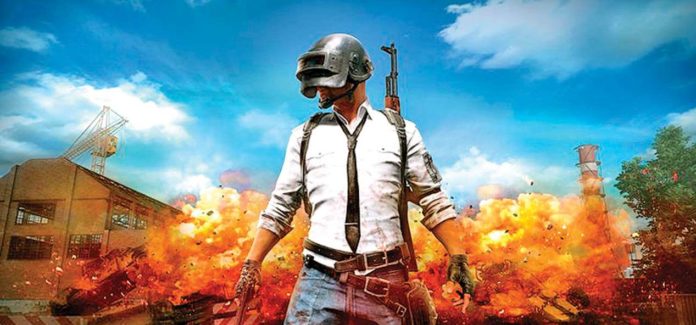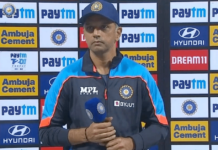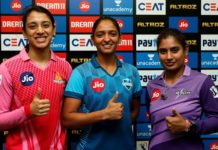Kolkata: Now, what are all the players supposed to do after this ban? The mobile and lite versions of the extremely popular multiplayer battle game PUBG (PlayerUnknown’s Battlegrounds) are among the 118 Chinese apps that were banned by the Government on Wednesday. This restriction was a part of the dispute that began in the month of June amidst the surging tensions between China and India in Ladakh.
This ban has upset people widely after the action that had been earlier taken against TikTok during the first round of app bans. PUBG Mobile and PUBG Mobile Lite together include a round figure of up to 50 million active users in the country, with approximately 13 million clockings every day.
Though the non-mobile version of the game, was a Korean-made and Korean-owned PUBG PC, it’s the least-played version of PUBG which is played in India. The rest two mobile versions had been developed and owned by the Chinese company Tencent Games.
Numerous things gave rise to PUBG’s popularity in the country — it was quite very easy to stream and you could also voice chat with your friends while playing the game, and the game was designed to get your adrenaline pumped out and give you a rush. It operated to accomplish the perfect blend of authenticity and gaming capabilities.
India was the largest user market for this game. But the game also carried a majority of the Indian e-sports industry revenue. Since the last few years, teenagers had been becoming dropouts of schools and colleges just to play the game in professional leagues and tournaments, which gave them tens of thousands of money as a prize in a month, sponsorships, authorization fees, and also earnings from their fan followings online.
Some of these youngsters were exemplified by the talent management agencies like Ebullient Gaming India and FNATIC India, dedicated to professional gamers — most of which labor in PUBG Mobile or Lite.
The 22-year-old Aman Garg is a cofounder of Ebullient and said that half of his earnings came from PUBG streamers — that’s when people used to tune in to YouTube just to watch other people play this game live, enjoy jokes and live commentaries, watch how they would make it past various levels and who shall beat whom. The money came from sponsorships and viewer donations.
“This ban is certainly going to be a setback to the Indian esports industry as a whole,” Garg explained in his statement. “Pubg has done its job of instating the Gaming culture at large in India, now it’s time to see which game will take its place.” He calculates that it shall take about eight months or almost a year to fill the PUBG-shaped void.
Two months back in the month of June, the Indian team Orange Rock had won the PMPL (PUBG Mobile Pro League) South Asia and evolved second at the world league. “This was the first time an Indian team had won at that level,” confessed Garg.
Season 2 of the PMPL South Asia round was scheduled to take place this September 11 and 20 and the Indian teams we’re supposed to take part in it. Since the tournament was organized by Tencent, there is no clear news on what the status of India’s team might be later.
Top pro players like Scout (Tanmay Singh) and Soul Mortal (Naman Mathur) have said online that they have nothing to fear. Just like Garg, they also have faith in this move as something that will allow the other games to grow.
“Right now Free Fire and COD (Call of Duty) Mobile are blowing up,” says Garg. People have gotten accustomed to the PUBG format. Other games have different characters and different maps, but the viewers, gamers and streamers — they’ll all adapt.”





















